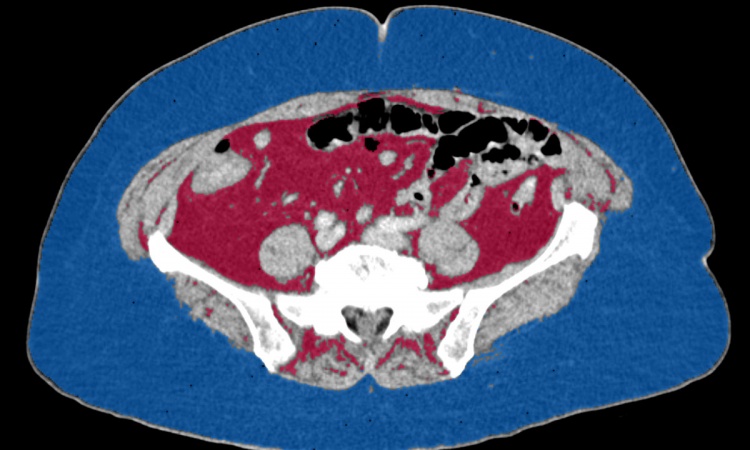Image source: Unsplash/Sardar Faizan
News • Study analyses admissions in Spain
Summer heat sends more people into hospital, study finds
A team from the Barcelona Institute for Global Health, a centre supported by the "la Caixa" Foundation, and the French National Institute of Health and Medical Research (Inserm), has carried out an analysis of hospital admissions related to high summer temperatures in Spain over more than a decade.
The study concludes that the causes of hospitalisation in which the heat has the most notable impact are:
- Metabolic disorders and obesity
- Renal failure
- Urinary tract infection
- Sepsis
- Urolithiasis
- Poisoning by drugs and other non-medicinal substances
The research, published in Environmental Health Perspectives, included data of more than 11.2 million of hospital admissions between 2006 and 2019. Those data were restricted to emergency hospital admissions from 48 provinces in mainland Spain and the Balearic Islands and were provided by the Spanish National Institute of Statistics. The team also calculated the values of daily mean temperatures, daily mean relative humidity and concentrations of different air pollutants (PM2.5, PM10, NO2 and O3). With the help of different models, they estimated the relationships between temperature and the different causes of hospitalisation for the summer season (June to September) and by province.
Recommended article

News • Study shows significant adverse effects
Global warming: The health cost of urban heat
Heat islands found in many European cities have a clear impact on human mortality risk, comparable to air pollution. A new study has produced the first cost estimate of this impact.
As expected, the statistical analysis showed that high temperature had “a generalised impact on cause-specific hospitalisations”. Even though heat increased the risk of hospitalization in all age groups, children of less than 1 year of age and adults beyond 85 years were the most vulnerable groups, with higher risk of hospital admission. Differences by sex were also found, since in hotter days men showed a higher risk of hospitalization from injuries than women, while women had a higher risk of admission from parasitic, endocrine and metabolic, respiratory or urinary diseases.
We know, for example, that women have a higher temperature threshold above which sweating mechanisms are activated and are more susceptible to the effects of heat
Hicham Achebak
“The underlying mechanisms by which heat triggers adverse health outcomes remain unclear, but they seem to be related to how our body regulates its own temperature”, says Hicham Achebak, researcher at INSERM and ISGlobal and holder of a Marie Sklodowska-Curie postdoctoral fellowship from the European Commission. “Under conditions of heat stress, the body activates cutaneous vasodilation and sweat production in order to lose heat. The subsequent reactions can affect people differently depending on a series of factors, such as age, sex or pre-existing health conditions. We know, for example, that women have a higher temperature threshold above which sweating mechanisms are activated and are more susceptible to the effects of heat”, he adds.
The group of diseases more largely affected by heat were metabolic disorders and obesity. The risk of hospital admission for this type of diseases on the hottest days nearly duplicated compared to the days of optimum or comfort temperature. “There are a number of reasons to explain this. For example, in people with obesity, heat loss responses work less efficiently, as body fat acts as an insulator, making them more susceptible to heat disorders”, says Hicham Achebak. Regarding other variables included in the study, relative humidity didn’t seem to play a relevant role on the relationship of heat with emergency hospital admissions, except for the risk of acute bronchitis and bronchiolitis, which was stronger on days with lower relative humidity.
In addition, high air pollution days appeared to exacerbate the risk of hospitalization from heat for metabolic disorders and obesity, as well as from diabetes, but not for the rest of the health outcomes. “We observed that the added effects of heat waves—or extreme high temperatures over consecutive days—were small and specific for a subset of diseases, mainly non-respiratory infectious diseases, endocrine and metabolic disorders or nervous system diseases, among others. For this reason, we believe that current Heat-Health Early Warning Systems should be activated not only during heat waves, but also during non-persistent extreme temperatures”, says Joan Ballester Claramunt, ISGlobal researcher and senior author of the study.
Source: Barcelona Institute for Global Health (ISGlobal)
22.05.2024








